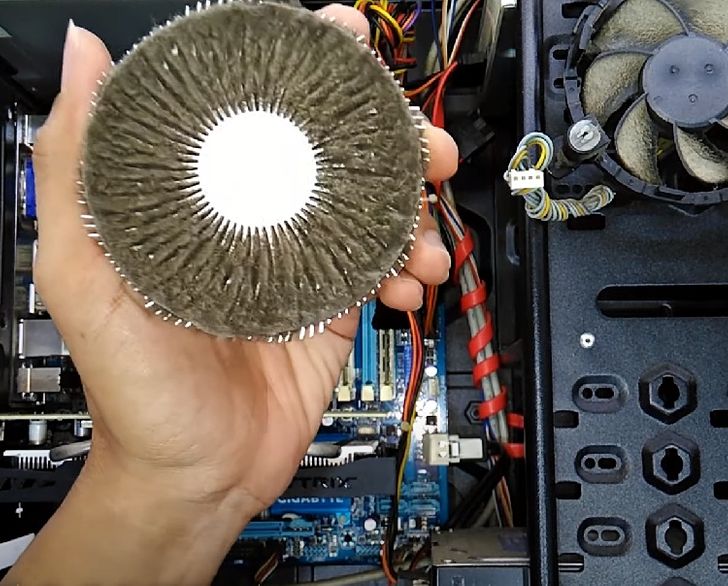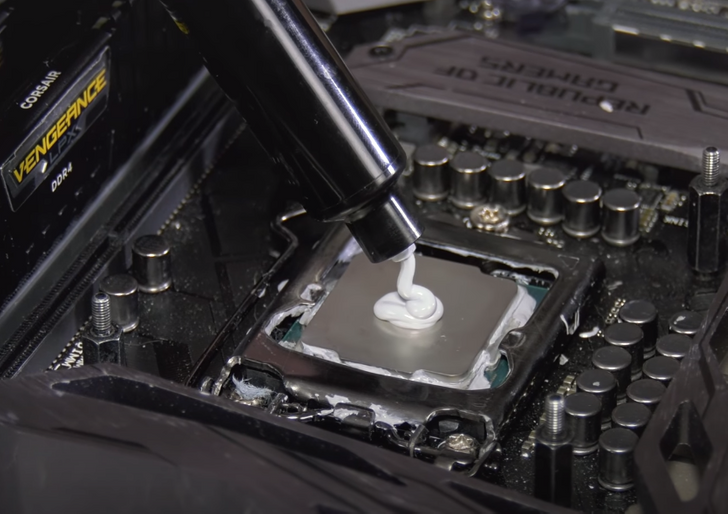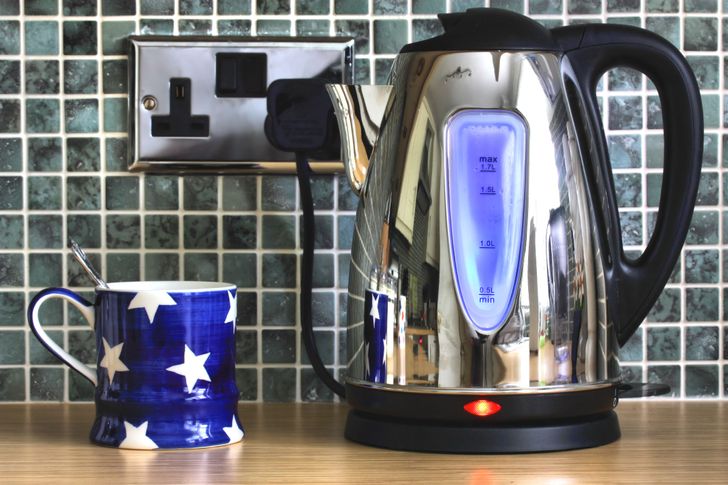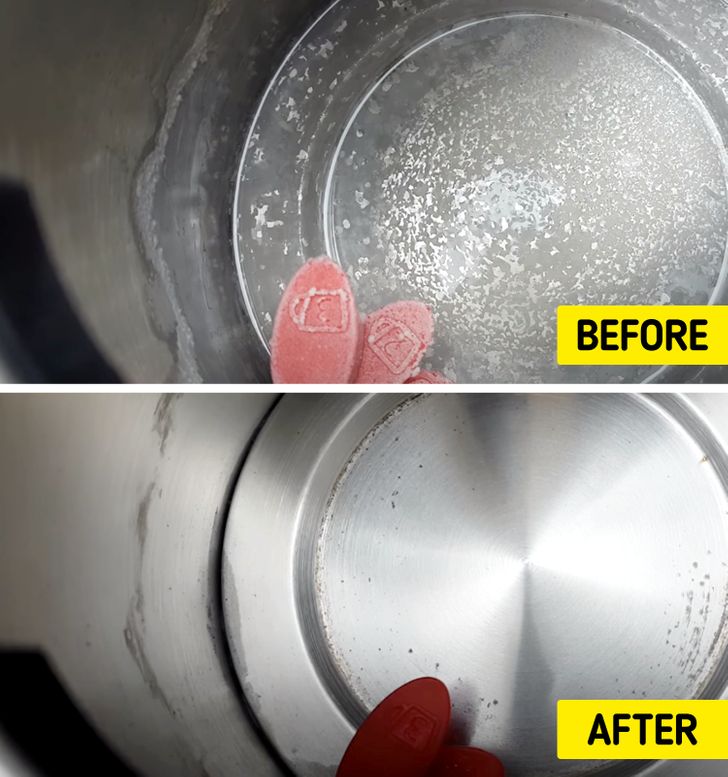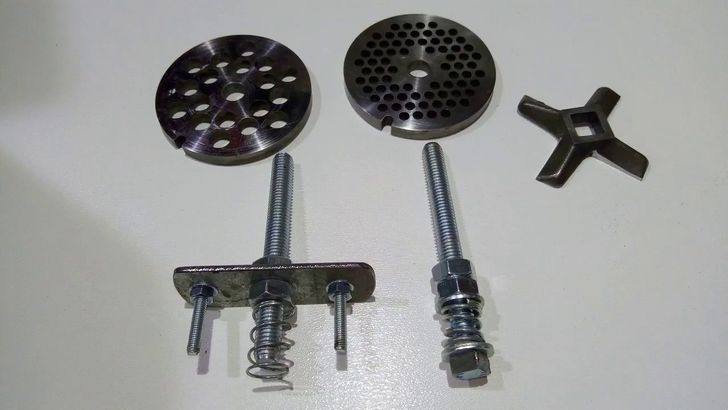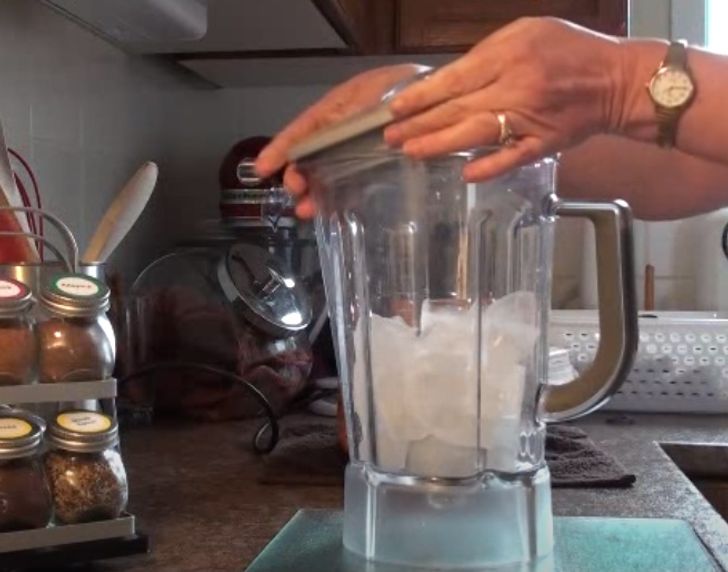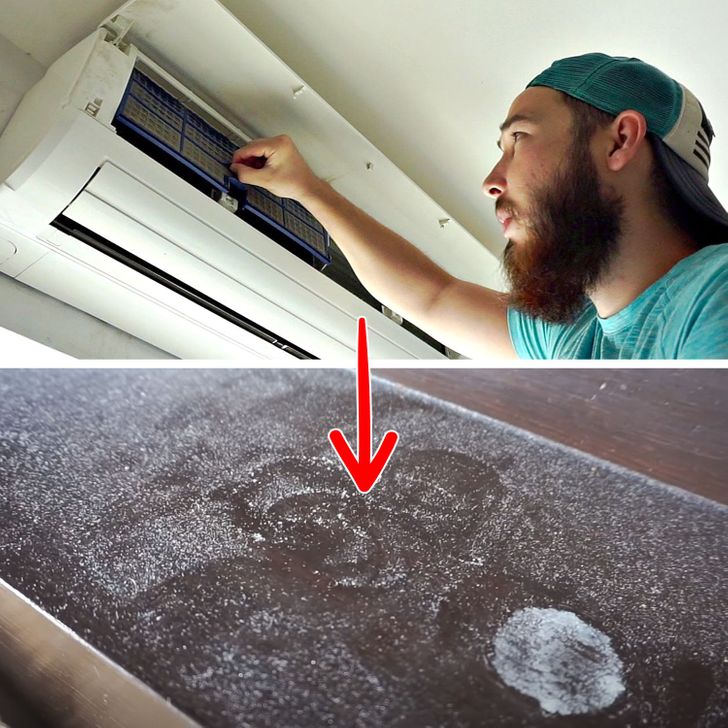Hi 👋
20+ Mistakes We Make With Household Appliances That Destroy Them
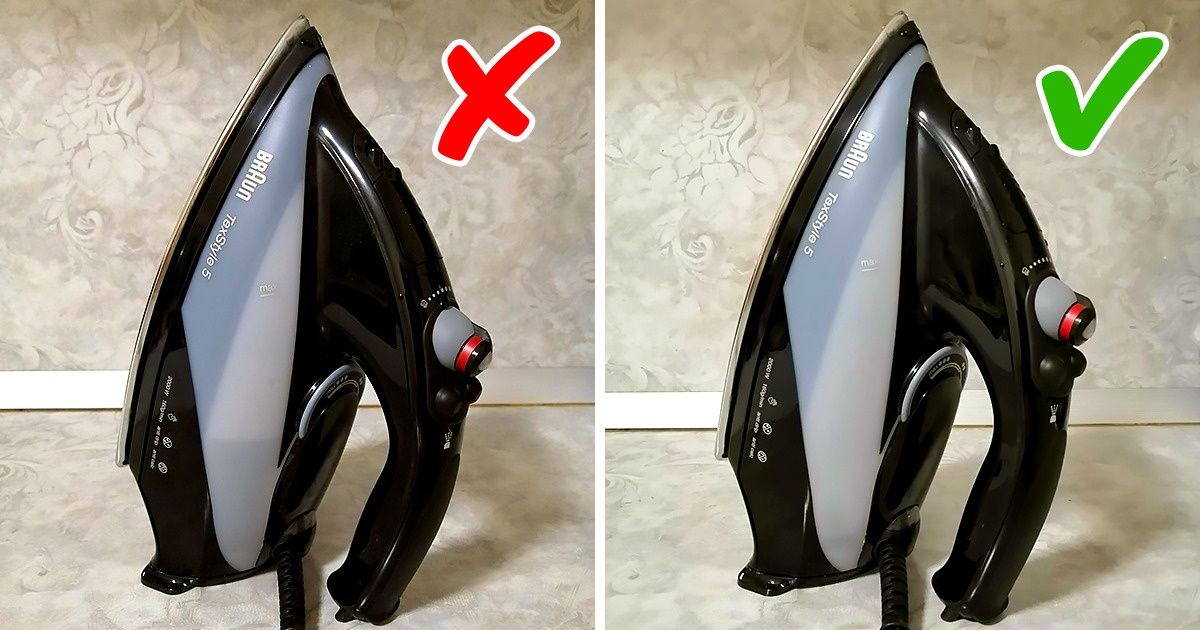
Devices start to malfunction often not because of some production mistakes or bugs, but because we don’t handle them properly. Honestly speaking, buyers rarely read even the most important information in the manuals, let alone the little rules concerning how to use something.
We at Bright Side support the idea of being careful and attentive with our devices and appliances which prolongs their lives. So, we decided to learn about the most common mistakes that many people make with their appliances without even knowing it might cause them to break down.
Iron
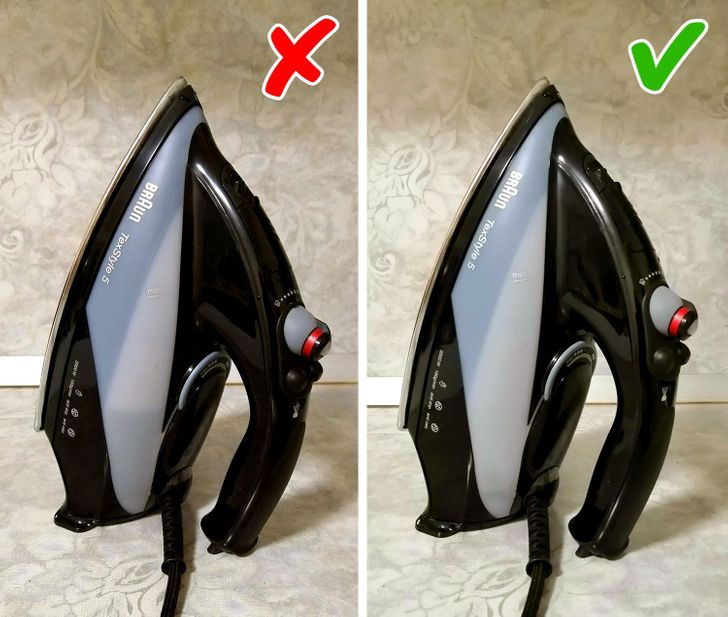
-
Don’t use tap water. There are debates on whether distilled water needs to be used for irons. But tap water will definitely lead to having scale appear. Use filtered water: the less salt there is in the water, the less harm it is for the iron.
-
Don’t leave the remains of water inside. Very often, people neglect this but few people know that this bad habit leads to corrosion that ultimately leaves brown spots on your clothes. Very often, in these situations, there is a danger of a leak, and the water might get onto the wires and lead to a short circuit.
-
The bottom of the iron has to be cleaned even if there are no obvious spots. The thing is, there can be some small threads and minerals (from the water). These particles can block the steam holes. The simplest way is to clean the surface with baking soda dissolved in water.
PC
-
Don’t forget to wipe the internal PC components at least once a month. Most of the time, overheating happens because of too much dust, sand, and fur in the PC. If you don’t clean the computer for far too long, the ventilation holes get stuck which doesn’t allow the device to cool down, and can even block its moving parts and lead to mechanical damage.
-
Another important fact that you should take into account to prolong the life of your computer is its location. The device is designed so that the ventilation holes are easy to block if the PC is located near a wall. Besides, don’t put a PC next to a heating device or under direct sunlight.
-
Thermal grease also plays an important role in protection against overheating. Its contents have good thermal conductivity and are located between the processor and radiator. Few people know that overheating is caused by the evaporation of this grease. Don’t forget to see a professional every 2-3 years to replace it. Remember, there shouldn’t be too much of it either.
-
Another bad habit that has a negative effect on the performance of your computer is reloading and turning the computer off very rarely. Over time, non-stop functioning leads to bugs, errors, slow internet connection. The advantages of reloading are that it frees up the memory, increases the performance, and kills the errors.
Laptop
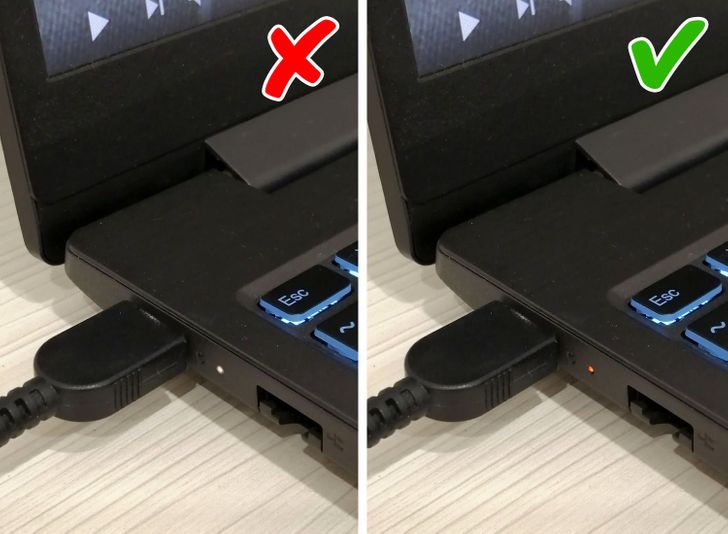
-
Aside from the aforementioned problems, there are mistakes that we make specifically with laptops. One of them is leaving the laptop connected to the charging cord all the time. Remember, charging all the time damages the battery because of heat and high voltage. It is recommended to charge laptops up to 80% and charge them when the battery is no more than 40% charged.
-
Low temperatures also have a negative effect on devices. It’s better to not cool down your laptop too much, but if it’s already happened, try to follow this: before turning it on, let the device warm up at room temperature, and wipe the moisture to prevent a short circuit.
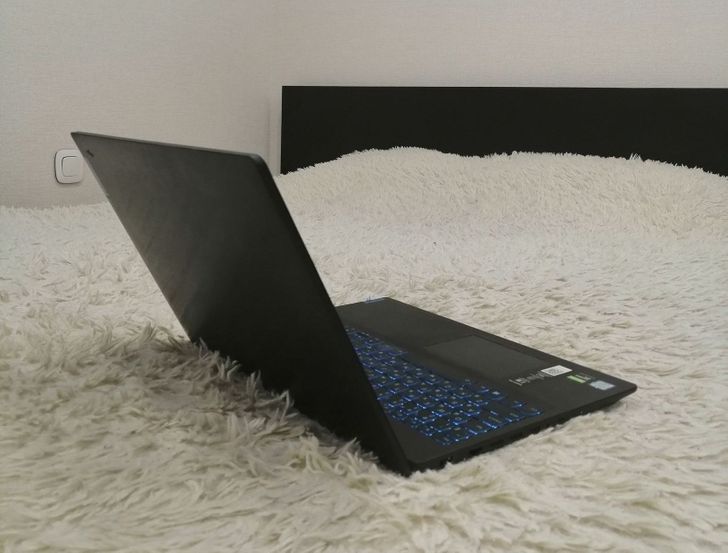
-
The fact that laptops are portable is another source of issues. For example, we always want to put laptops on something soft (like a bed, or our lap). This always leads to overheating and breakdowns. Try to put laptops on solid surfaces that won’t block their ventilation holes.
-
Few people think about this, but even though you can hold a laptop, some of them still have traditional hard drives instead of SSD and if you shake a laptop while it’s on, it might incur some mechanical damage. Be just as careful with laptops as you are with PCs and try working at the table — this way, you will prolong their lives for as long as possible.
Kettles
-
Make sure that there is enough water in the kettle. If you turn it on with too little water, especially if it doesn’t even cover the entire heating element, it will sooner or later lead to a breakdown.
-
Try to not put an electric kettle somewhere where it’s exposed to hot temperatures. We mean both open fire sources and electric ovens or stoves. It might deform the body of the kettle and other plastic elements. The manuals often mention this.
-
Remove the scale in a timely manner. Remember that scale appears not only in metal kettles but also on the metal heating elements of plastic kettles as well. Even kettles with built-in filters can only prevent the scale from getting into the drink, but they don’t prevent the scale from appearing in the first place. It’s easy to descale a kettle by mixing vinegar and water in a 1:1 proportion and let it stay like this overnight. Just don’t forget to leave a note on the kettle so that nobody decides to drink “tea” with this mix. In the morning, wash the kettle well.
-
Another reason why scale appears in kettles is that we often leave water inside. Don’t forget to empty the kettle every time you finish drinking tea.
Meat grinder
-
Don’t wash parts of a meat grinder in a dishwasher unless the manual actually says that it’s possible. The thing is, many modern meat grinders are made of aluminum. Most dishwashers use very aggressive detergents that contain alkaline phosphates. When these elements come into contact with aluminum, they increase the oxidation which will cause the surface to fade. Besides, the remains of these detergents might stay on the pieces and end up in your meat.
-
Make sure there are no bones. Some grinders have enough power for the bones but most of them will just break down.
-
Don’t let a meat grinder overheat during the process. Overheating might happen due to different reasons: like not having enough lubricant or a broken cooling system. If you have a new grinder, it might break down because you put too much meat into it or kept it on for far too long.
Blender
-
Don’t grind ice and other frozen foods in a blender. If the power is not enough, the knives, or even the entire engine, might break down. If you have to grind ice, add some water.
-
Don’t mix very hot products. In a closed jar with hot food, the air inside will heat up which will increase the pressure inside, and the jar surface might crack. The only thing you can do in this case is to cover the jar with a towel and use the lowest power mode possible.
-
When you use a blender for a long time, let the engine cool down.
Air conditioner
-
Don’t forget about timely service and check-ups. It’s not just about professional help, but also the preventive measures that you can take yourself: like cleaning and changing the filters in time. You can find the filters right under the lid. It will not only make the AC work better, but it’ll also reduce the amount of dust in the air that you breathe in.
-
Don’t open the windows when the air conditioner is on. The legend that open windows with a turned on AC can cool down the room faster is a myth. In fact, open windows slow down the process and can also cause the AC to break down because it has to process a lot of hot air coming from the window.
-
Choose the right performance of your AC. The system that is not enough for the room you place it in will wear down faster because it has to work more. And if the performance is more than what you need, the AC will require more electricity, and will also cool down a small room faster than the air can become dry enough, so the humidity level will be off.
Admit it, have you made any of these mistakes? What other details do you think other users should know about?
Comments
I always use tap water in my iron :/ I didn't know it could damage it :/ :/
Related Reads
15 Stories That Inspire Us to Stay Kind Even When Life Feels Unfair

My Boss Stole My Idea for Our Biggest Client, So I Set a Clever Trap
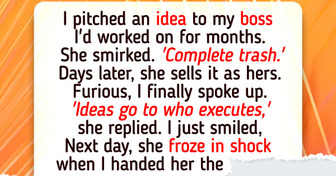
My MIL Tried to Humiliate Me at the Altar—By Morning, She Wasn’t Laughing

14 Powerful Kindness Stories That Restored Hope in Tough Times

My Sister Quit Her Job to Care for Our Sick Mom, Now She Wants More Inheritance

14 Dates That Started Like Movies but Ended Like Sitcoms

12 Moment That Show Kindness Is the Glue That Keeps the World From Breaking Apart
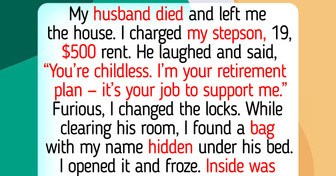
I Refused to Cancel My Non-Refundable Honeymoon—So My SIL Lied to Punish Me

15 Moments That Prove Quiet Kindness Is What Keeps the World Together

I Refuse to Support My SAHM Wife After Discovering Her Secret

10 Moments Where Kindness Didn’t Argue—It Acted

I Refused to Be Treated Like a Maid in My Own Home—So I Changed the Rules

